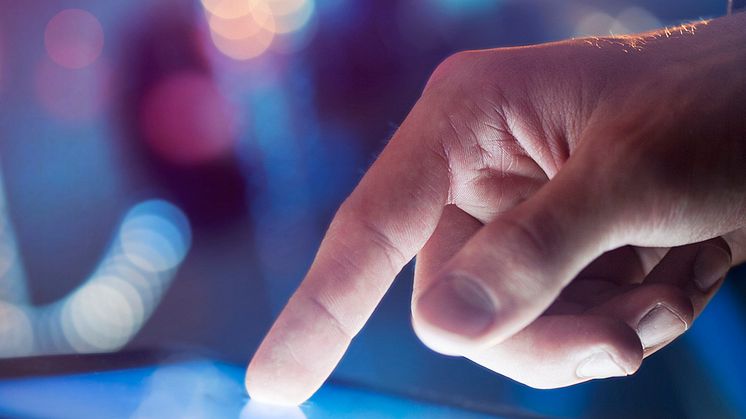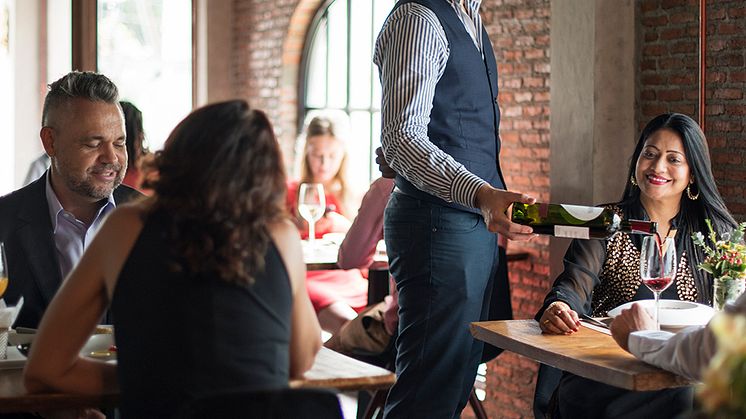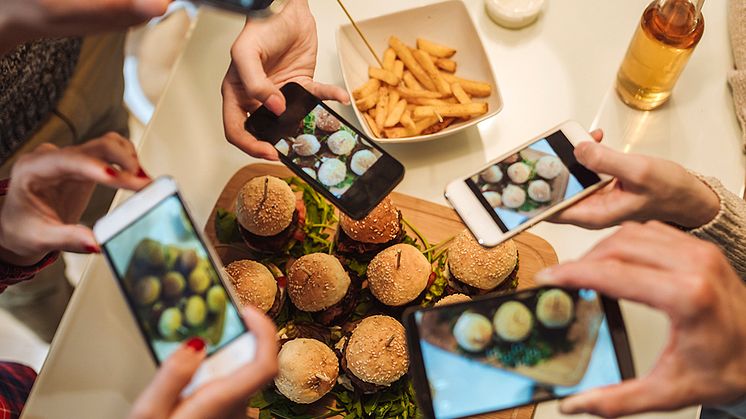
Blog post -
How Digital Is Shaping The Hospitality Industry
The world has gone digital, and the hospitality sector has been forced to keep up.
From online ordering, booking systems, and inventory apps to restaurant analytical tracking, email marketing, and social media, over 80% of the hospitality industry have turned to technology to help them run their business successfully and efficiently. If you’re not already at the digital forefront, what’s keeping you?
Recent research from Lumina Intelligence found that over 50% of 18-44s were highly to extremely likely to use more technology post-pandemic. The main reason being society, in general, is more health-conscious and therefore more conscious of reducing physical ‘touchpoints’ when dining in the interests of improved hygiene. Restaurants have risen to meet this challenge by implementing simple changes including digital menus and contactless payment systems to reassure customers.
But how is digital influencing the hospitality industry as a whole?
Increase in mobile technology
The UK hospitality industry was notoriously slow to adopt mobile technology in a meaningful way until the recent pandemic. Restaurants and hotels alike were forced to upgrade their ordering systems to meet their customer’s shifting demands, away from the standard dining-in experience to convenient takeaway and delivery in light of the restrictions in place. This drive towards digitalisation gave the customer more control over the order process; and restaurants’ more opportunities to personalise their ordering experience – updating menus in real-time, alerting customers to allergies or food intolerances, and marketing specifically to individuals. Not only this but, one study estimates that the average order placed via mobile app is 20% higher than in-person making mobile an attractive concept for all hospitality businesses.

Pay-at-table-solutions
Restaurants are now modernising their guests’ experience at the end of the meal by offering pay-at-the-table solutions, so customers do not have to wait to grab their servers’ attention to pay their bill. Customers can scan a QR code located on their table or menu card and be taken directly to the restaurant payment system, where they’ll be able to review and pay their bill without their server needing to be present. Not only is this method more secure, as all transactions are kept at the table in front of the customer but, it also frees up servers to attend to other guests, reduces friction at waiting times, and ensures service is quicker. More table turnover means more people can be served, which is invaluable for smaller restaurant businesses when the number of table turnovers factors as profit.

Internet of Things (IoT)
The Internet of Things refers to the ever-growing network of connected devices which communicate seamlessly with each other, as well as a central server to offer on-demand services such as automated lights, door locks, electric motored blinds, and voice-assisted devices. The advantages of IoT devices include convenience, personalisation, and real-time data through continuous analytical tracking; data such as customer preferences, routines, and habits that were previously unobtainable to the hospitality trade.
Hilton is one example of a hospitality business that has successfully implemented IoT across their sites to improve their operational efficiency. They offer digital check-in and smart keys via mobile devices as standard, lessening the need for an in-person greeting service. Rooms have also become “digitalised” allowing customers to control many in-room features ranging from room temperature, lighting, water temperature, and entertainment. As awareness and 5G connectivity improves, expect to see IoT devices as standard across the hospitality industry.

If you consider the enormous impact technology has had on a wider global scale, it’s not hard to see the implications on restaurants, hotels, and other hospitality venues, with everything from your target audience to your kitchen management systems being heavily influenced. It’s time to jump on board!
Your future customer is already digital.


